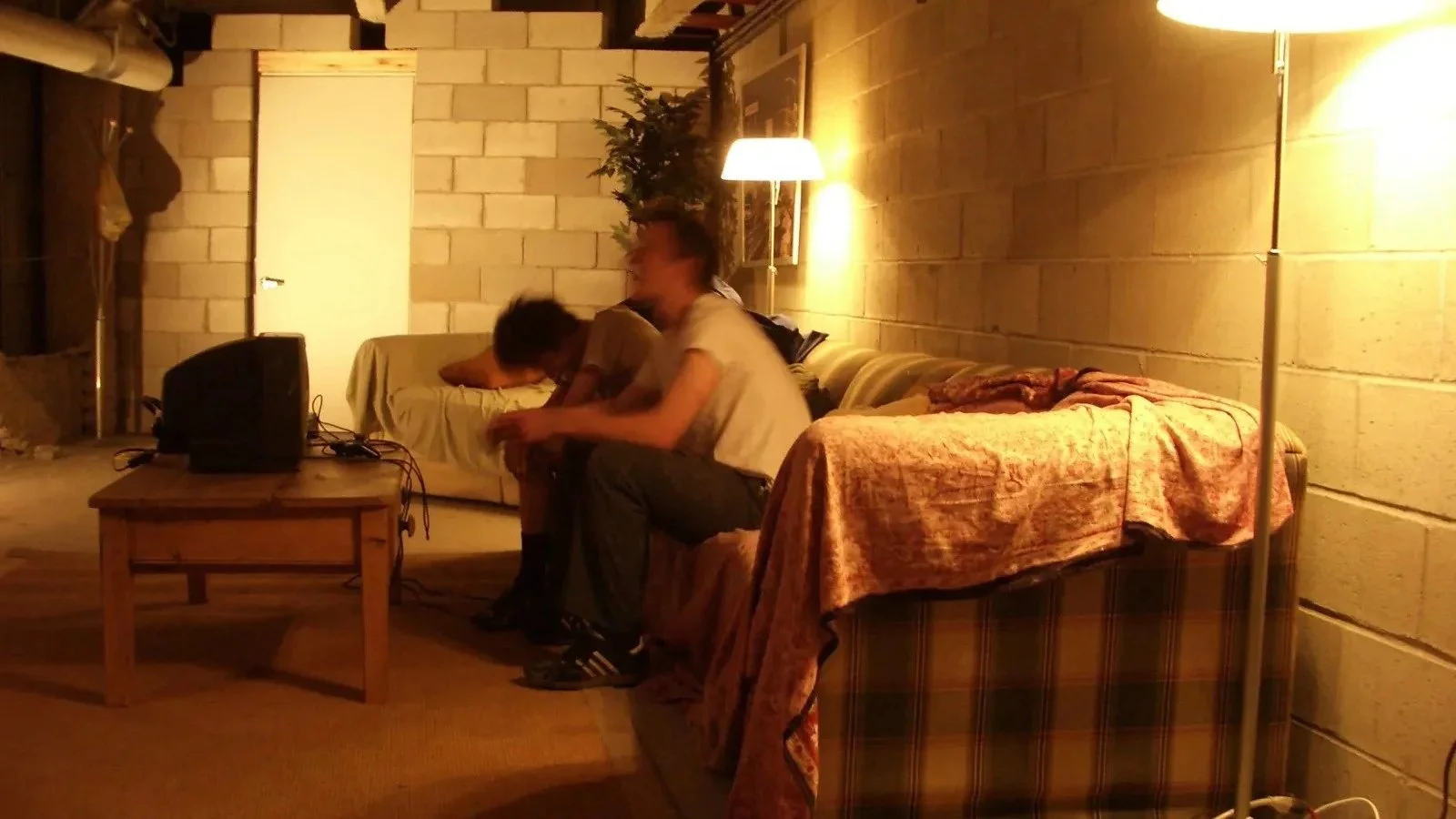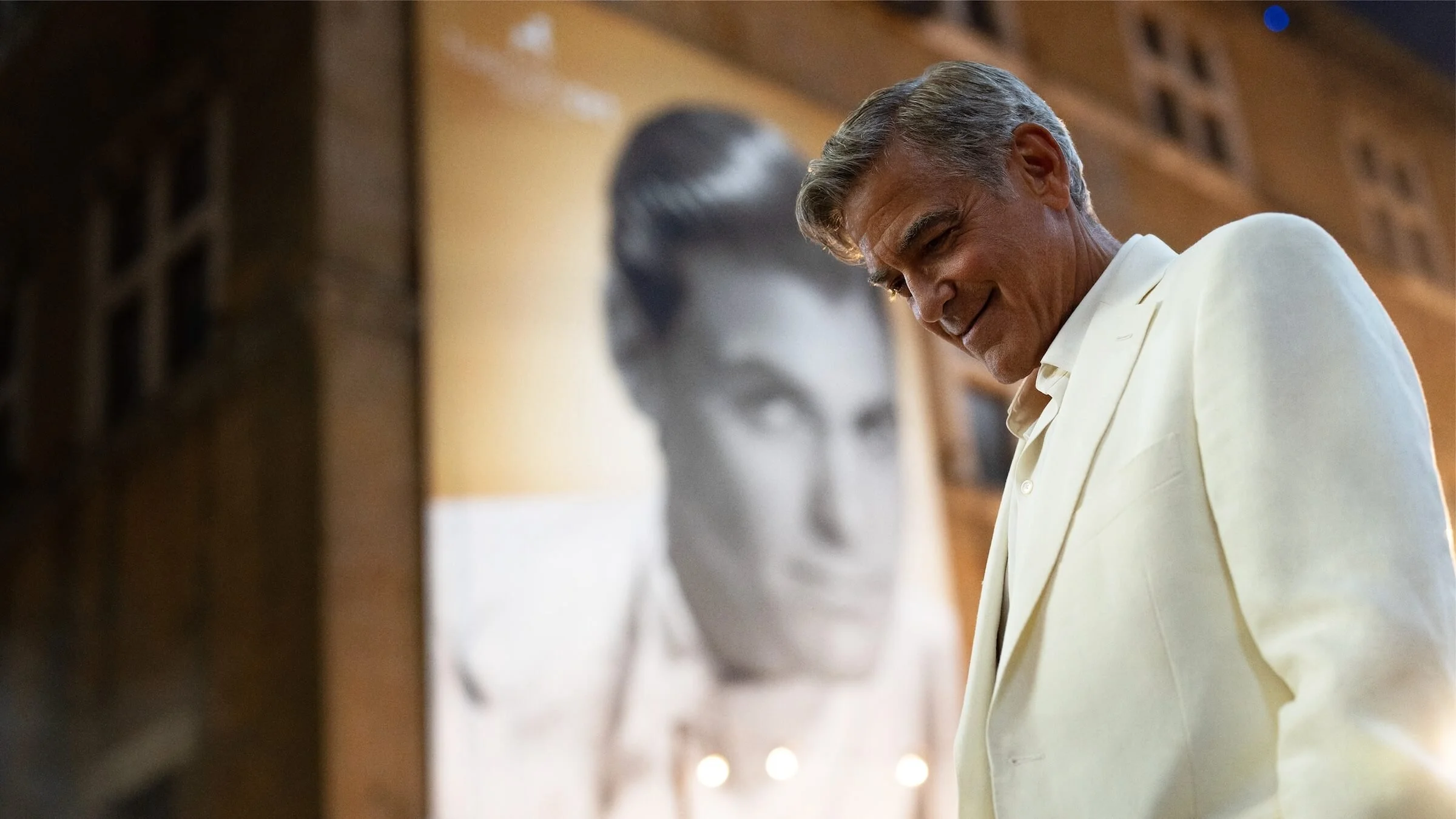Review: The Little Things (2021)
John Lee Hancock can usually be depended on to provide sturdy middlebrow entertainment. His films are typically entertaining and feature good performances that gesture at richer themes lurking beneath the surface. However, in this case he has directed a mediocre bore with The Little Things. Working from a script he wrote back in the 1990s, Hancock crafts a serial killer drama without the killer and without the drama. What’s left is a film gesturing at the hallmarks of prestige cinema, but never grabbing onto any cohesive theme or narrative throughline to make it worthwhile.
The Little Things is clearly inspired by David Fincher’s Seven (1995) and resembles aspects of the first season of True Detective in its detective procedural plotline. A grizzled old detective (Denzel Washington) who had to leave LA after a scandal (the details of which we initially don’t know) returns to help a younger hotshot cop (Rami Malek) track a serial killer, who they come to believe is a weirdo loner (Jared Leto) with an obsession with true crime. Where those aforementioned works provide a tantalizing atmosphere and profound ruminations on the nature of detective stories, The Little Things is content to sit back and see if its celebrated lead actors can produce magic from generic confrontations and moments of moral anguish. The result is a film that feels like it ought to be a lot better than it is, but which is actually tedious to watch and fairly trite.
Hancock has never been a big-name director or celebrated auteur. He’s instead a journeyman director, by which I mean a filmmaker defined by his technical craftsmanship and ability to fit to the material, instead of bending the material to his specific formal or thematic interests. Not to say that he doesn’t have any overarching thematic interests—it’s been clear since he wrote the script for Clint Eastwood’s A Perfect World (1993) that he explores notions of American masculinity. But his works are not examined in the same way the works of David Fincher or Martin Scorsese are. The phrase “A film by John Lee Hancock” does not conjure a sense of stylistic vision the way the names of those directors do.
Thus, Hancock has always depended largely on his performers to bring out the themes lingering beneath the surfaces of his work. In his previous films, The Blind Side (2009), The Founder (2016), and The Highwaymen (2019), he tells relatively straightforward narratives about exceptional American individuals, and any moments of criticism or critique of these individuals is relegated to subtext. He usually gives room for the performers, whether Sandra Bullock, Michael Keaton, or Kevin Costner, to gesture at the contradictions that define the characters and butt up against the simplistic notions of Americana that his films trade in on the surface. This tension is central to the appeal of most of Hancock’s films, as it shows there’s something more to his work than simple entertainment. But this passive approach to theme can also result in tedium if the performers aren’t able to elevate the material. This happens in The Little Things, which features one of the few lacklustre Denzel Washington performances.
Not that Washington is bad—it’s unlikely he’s capable of giving a bad performance—but he doesn’t seem particularly invested in the role, and aside from a charged encounter with Leto’s loner in an interrogation room, we never get the patented Denzel electricity that defines much of his work. Malek fairs far worse than Denzel. Known for his off-kilter performance in Mr. Robot, which is suited to that highly-stylized material, here Malek fails to project the confidence and old-fashioned masculinity necessary for his character, who is a highly-touted rising star of the Los Angeles police. His way of assembling a character through verbal and physical tics proves a poor fit for the straightlaced detective. Malek can be a very good performer, but he’s poorly cast here and done no favours.
It feels weird to write this, but of the three leads, Jared Leto comes off the strongest. This isn’t to say the famously over-the-top Oscar-winner gives a better performance than Denzel, but he’s more attuned to the material. Furthermore, his character, Albert Sparma, who is a slobbish, hollow-eyed loner who hoards newspapers with grisly murder headlines and openly leads polices officers on about his being a killer, is the one figure who hints at the more interesting subtext that Hancock fails to bring to the surface. This subtext is that police officers are often incompetent and that they manufacture narratives about social outcasts (like Sparma) to tie up the loose ends to their investigations and float the narrative that they do something to better society.
On the surface, the performance is somewhat ridiculous. Leto talks in a low-pitched, hollow tenor and waddles around like Charlie Chaplin’s The Tramp. He even looks like he gained weight or sports a fat suit to accentuate his belly. He’s giving a capital-B big performance (and he’s been nominated for several awards for this performance, which show his methods work for his career), and not a nuanced one, but it works for a performer to spend so much time getting attention when he’s playing a character doing the same. Leto is bizarrely funny and weird, and the scenes involving him have an energy that so much of the rest of the film lacks. Furthermore, Sparma is meant to be a total weirdo that grabs more attention than he’s due because of how flamboyantly weird he is. It’s key to the material.
Sparma is the figure that unlocks the notions of betrayal and institutional rot that Hancock builds into the script, but never really brings out. And so much of this has to do with Hancock’s general failure to develop much narrative momentum at all. Detective stories thrive off procedural tension and providing actual answers to mysteries, but The Little Things refuses those things to make its big thematic point. But the ambiguous, apathetic approach doesn’t gel with the obvious character arcs for Denzel and Rami Malek’s cops, nor does it mesh with Hancock’s penchant to spell out tensions clearly in the filmmaking. It’s a film that wants to examine the ways that law enforcement creates narratives and embellishes simplified notions of heroics to justify abuses of power, but it’s so reliant on hitting familiar beats and the use of elements that were done better in Seven and True Detective.
Perhaps Hancock simply bites off more than he can chew, because by deliberately refusing to lean into simple entertainment—with narrative payoffs, clear resolutions, and dramatic confrontations—for the sake of a clear larger theme, he ends up producing a sleepy film, not a dangerous one. It also doesn’t help that the film is hyperactive in its editing. It refuses either the confident, relaxed rhythms of 1990s filmmaking or the more austere, slow-paced rhythm of modern prestige films. There’s a simple moment of Denzel pulling away from his little home in a truck that uses four different shots of the truck to show him simply backing up. There’s no reason for so many cuts. As well, Thomas Newman’s score seems to be B-sides from his soundtrack for American Beauty. It’s a sad repetition of familiar themes that seems a little too familiar.
All of these things make The Little Things a limp mystery that tries to justify its empty narrative with prestige sheen, but only makes it look even more shallow in the process. It’s a film that doesn’t have the confidence of 1990s filmmaking from when it was written, nor the more ambiguous formal and narrative approach of modern prestige films. It’s stuck in the middle, seeming as ill at ease as Rami Malek as the young cop. Perhaps Hancock, like Malek, simply isn’t suited to the material, and the more self-serious the approach, the more obvious it becomes.
4 out of 10
The Little Things (2021, USA)
Written and directed by John Lee Hancock; starring Denzel Washington, Rami Malek, Jared Leto, Natalie Morales, Chris Bauer, Michael Hyatt, Terry Kinney.



Joe Carnahan’s cop thriller starring Matt Damon and Ben Affleck is an enjoyable whodunnit.